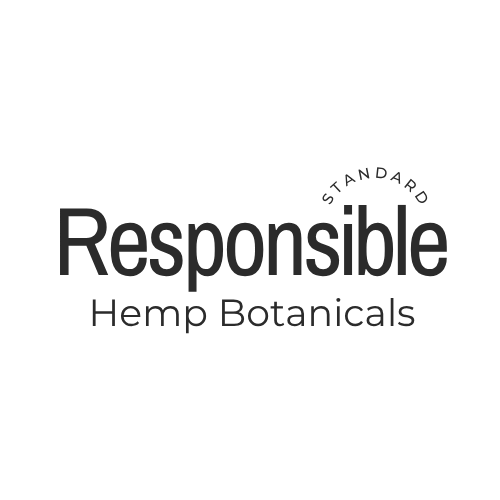Demystifying Cannabinoids in Health & Wellness: What They Are, Why They Matter, and How Certification Helps You Choose Wisely
Demystifying Cannabinoids in Health & Wellness
What They Are, Why They Matter, and How Certification Helps You Choose Wisely
The health and wellness industry has fully embraced cannabinoids. From adaptogenic beverages to muscle recovery balms, hemp-derived ingredients like CBD and CBG are showing up in everything from fitness routines to daily self-care rituals. But with rising visibility comes rising confusion.
Consumers are asking important questions:
What exactly are cannabinoids?
How do they work in the body?
Are they safe?
What’s the difference between CBD, CBG, and other compounds?
And how do I know what I’m buying is legit?
In this post, we unpack the basics of hemp-derived cannabinoids—and why responsible sourcing and certification are becoming essential tools for wellness consumers and brands alike.
🧠 What Are Cannabinoids, Really?
Cannabinoids are naturally occurring compounds found in the Cannabis sativa plant. The most well-known is CBD (cannabidiol), prized for its potential calming and anti-inflammatory effects. But there are over 100 other cannabinoids—each with unique properties.
Some of the most common hemp-derived cannabinoids include:
CBD (Cannabidiol): Known for its relaxing and balancing effects, often used for anxiety, sleep, and inflammation.
CBG (Cannabigerol): Sometimes called the "mother cannabinoid," CBG is gaining attention for its potential neuroprotective and anti-inflammatory benefits.
CBC (Cannabichromene): Less studied but promising, CBC may support mood, brain health, and pain management.
CBN (Cannabinol): Often used in sleep-focused products, CBN is a mildly psychoactive cannabinoid formed as THC ages.
Each cannabinoid interacts with the body's endocannabinoid system (ECS)—a complex network that helps regulate mood, immune function, appetite, and more.
🤔 Why the Confusion?
The rapid rise of cannabinoid products has outpaced public understanding—and regulatory clarity. Many products use scientific-sounding labels without clearly explaining what they contain or how they were made. Some mix marijuana-derived cannabinoids into wellness products without proper disclosure. Others contain unwanted levels of THC, heavy metals, or residual solvents due to poor manufacturing practices.
This leaves consumers at risk of buying products that are mislabeled, unsafe, or non-compliant. In wellness, where trust is everything, that’s a major problem.
✅ Where Certification Comes In
Third-party certification helps cut through the noise.
At Responsible Hemp Botanicals (RHB), our certification process is designed to verify what’s in the bottle, and where it came from. The RHB Standard focuses on hemp-derived cannabinoids that meet strict criteria for:
✅ Verified cannabinoid content (CBD, CBG, etc.)
✅ Proof of Hemp Origin
✅ Free from harmful contaminants and heavy metals
✅ Sourced from traceable, compliant supply chains
✅ Tested at multiple stages through independent labs
For consumers, that means more confidence in what they’re putting in or on their body. For brands and retailers, it means a stronger product reputation, lower compliance risk, and clearer messaging.
🌿 In a Crowded Market, Trust Is the Differentiator
Not all cannabinoid products are created equal—but they’re often marketed like they are. Certification offers a simple signal of quality, safety, and responsibility. As cannabinoids continue to influence everything from recovery drinks to luxury skincare, trust and transparency will determine which products stand out—and which get left behind.
Whether you’re a brand looking to stand out in the wellness space or a retailer choosing what to carry, RHB Certification is here to ensure the cannabinoid ingredients you use are clean, compliant, and confidently sourced.

